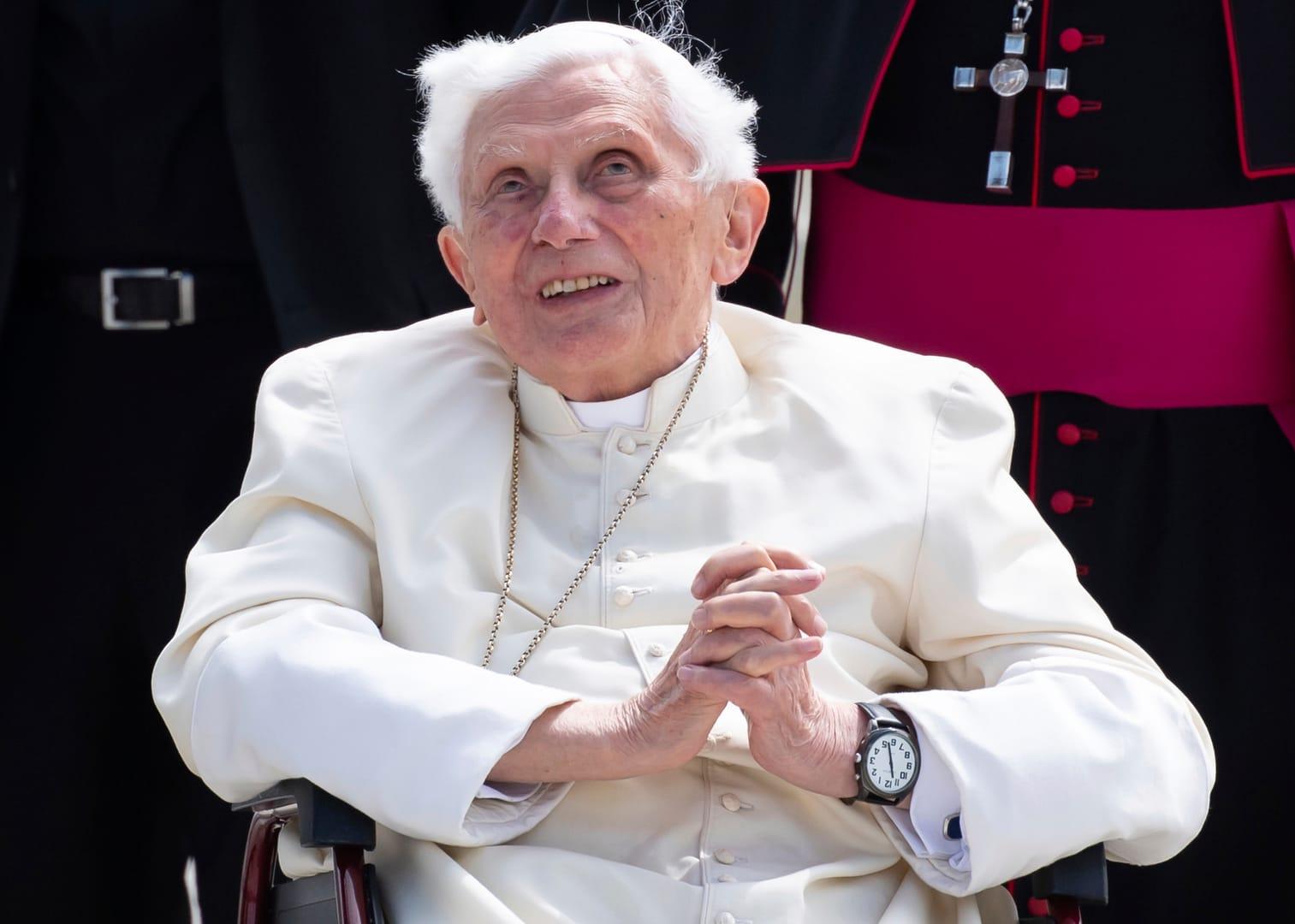ROME – By now, there’s a fairly standard playbook for a Catholic bishop accused of mishandling accusations of sexual abuse against clergy for whom he was responsible. More or less, it goes like this.
- Never engage the substance of the charges against you. However right you may feel yourself to be, inevitably that’s going to look like the old pattern of defensiveness and denial. Restrict yourself to saying something like, “These charges will be investigated by the competent authorities, both civil and ecclesiastical, and I stand ready to accept whatever they decide.”
- Always lead with sorrow and compassion for survivors of sexual abuse, and then endorse their quest for justice. Again, no matter how wronged you may feel, never make it look like you’re trying to be the victim here.
- Volunteer your resignation. No matter how innocent you may feel, the pastoral reality is that sometimes the charge itself makes continuing in your present role impossible, and it’s probably best for someone else to make that judgment.
Needless to say, this was hardly the pattern from the beginning. In places hardest hit by the abuse scandals, however, it’s emerged over time as the best way for bishops to handle these situations – indeed, perhaps, the only way to short-circuit the cycle of scandal and outrage these situations inevitably provoke.
What’s most striking about the response Pope emeritus Benedict XVI and his informal team of advisers delivered Tuesday to the accusations leveled in a recent report sponsored by the Archdiocese of Munich – to wit, that then-Archbishop and Cardinal Joseph Ratzinger had mishandled four cases of abuse during his brief tenure running the archdiocese from 1977 to 1982 – is that it really only follows one of the rules on the new checklist, and even then imperfectly.
Of course, Benedict is hardly just another bishop, and perhaps different rules apply.
Although Benedict himself does not address the charges in a brief personal letter, they are faced head-on in an analysis of the Munich report prepared by four German lawyers and jurists on his behalf. Most of the short analysis is devoted to the charge that Benedict had lied about being at a meeting on Jan. 15, 1980, in which an abuser priest identified as “Priest X” was discussed. In an initial set of responses to the law firm that prepared the report for the archdiocese, Benedict had denied being there, but later minutes surfaced confirming his presence.
The authors of the analysis say Benedict didn’t lie, he relied on them to give the answer, and they made a mistake – inadvertently transcribing a digital document to suggest Benedict wasn’t present, when he actually was. However, the authors say, minutes from that meeting prove that Priest X’s abuse wasn’t mentioned. Instead, the subject was merely whether a young priest from another diocese could come to Munich to undergo therapy, and Ratzinger gave his assent. Importantly, no decision was taken at that meeting about engaging the priest in pastoral activity, a step the Vicar General at the time has already said was taken without consulting Ratzinger.
As for the other three cases cited in the Munich report, Benedict’s advisors say that “in none of the cases analyzed by the expert report was Joseph Ratzinger aware of sexual abuse committed or suspicion of sexual abuse committed by priests. The expert report provides no evidence to the contrary.”
As for contrition and compassion, Benedict certainly expresses those qualities in his personal reply.
“I can only express to all the victims of sexual abuse my profound shame, my deep sorrow and my heartfelt request for forgiveness,” he writes. “I have had great responsibilities in the Catholic Church. All the greater is my pain for the abuses and the errors that occurred in those different places during the time of my mandate. Each individual case of sexual abuse is appalling and irreparable. The victims of sexual abuse have my deepest sympathy and I feel great sorrow for each individual case.”
Still, it’s likely at least some survivors of abuse won’t appreciate the way Benedict begins by thanking all those who’ve defended him amid the cycle of criticism, or the way in which he expresses confidence that whatever his faults, God will forgive him.
As for resignation, there’s been no talk of that anyplace, nor is it even clear what resignation as an emeritus pope would even look like – I mean, you can’t change the fact you were once pope, no matter how little white you decide to wear or how far underground you decide to go.
In sum, the pope emeritus essentially disregarded the bishops’ playbook when it comes to accusations of mismanagement and cover-up. Critics doubtless will see this as further proof that Benedict “just doesn’t get it,” while admirers may style it the last stand of a man who still believes that truth actually matters.
In any event, this more robust, head-on approach is now on record as another way to go when facing such charges, and perhaps it won’t be the last time we see someone invoke it.
Follow John Allen on Twitter: @JohnLAllenJr














